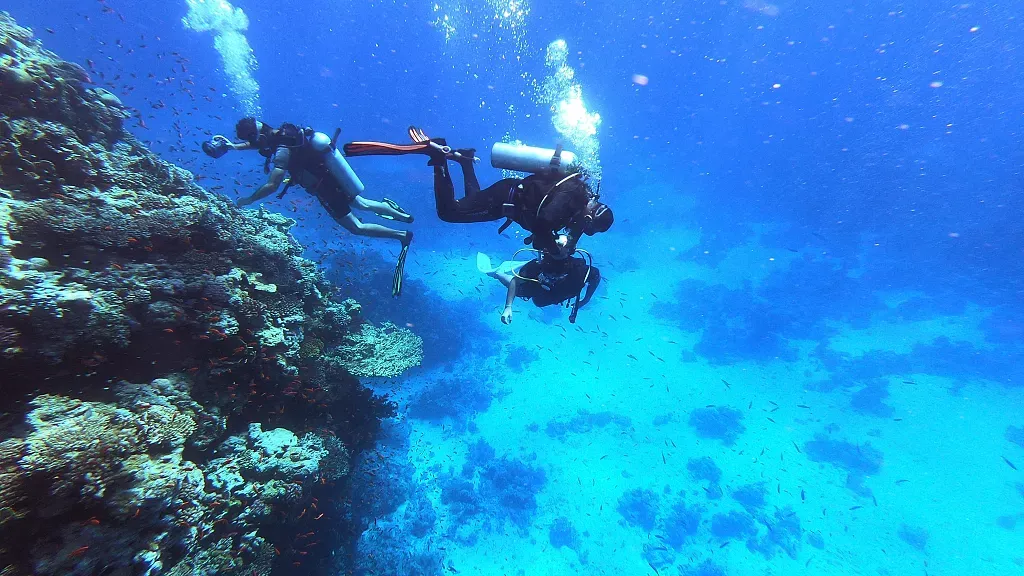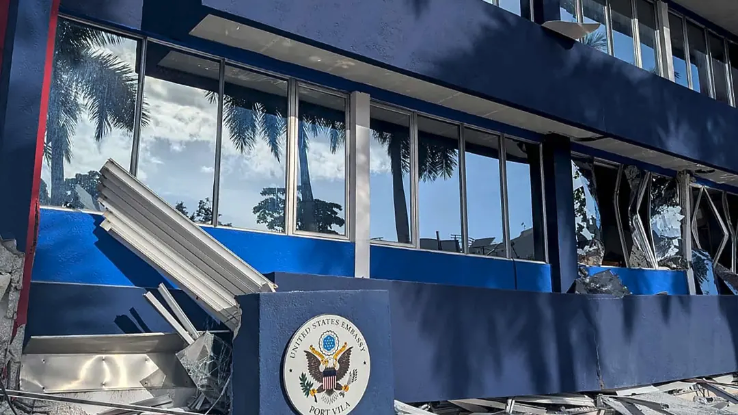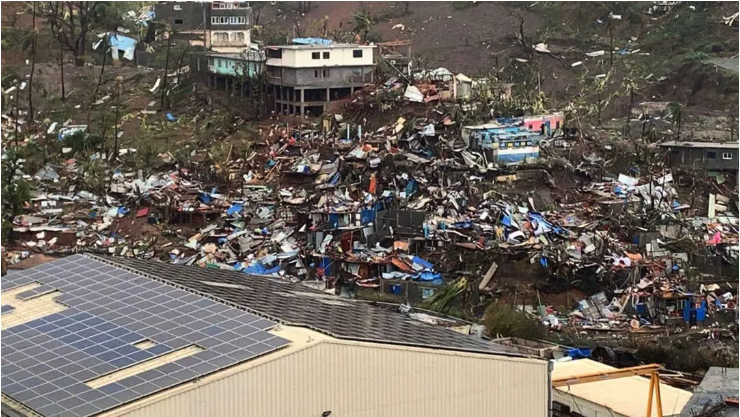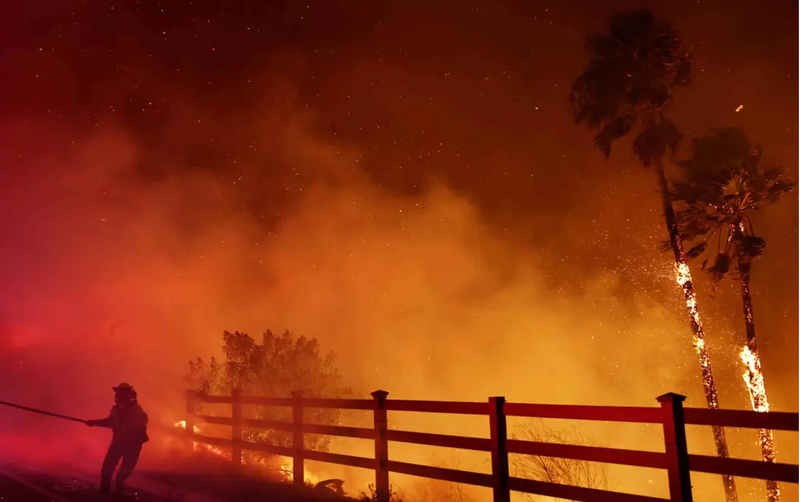Egypt's 'Super Coral' Threatened by Oil Pollution
As Egypt hosts COP27, an investigation by BBC News Arabic has found that the country's Ras Shukeir oil terminal is dumping the equivalent of 16 Olympic-sized swimming pools of minimally treated wastewater into the Red Sea daily.

Facts
- As Egypt hosts COP27, an investigation by BBC News Arabic has found that the country's Ras Shukeir oil terminal is dumping the equivalent of 16 Olympic-sized swimming pools of minimally treated wastewater into the Red Sea daily. This reportedly poses a severe risk to the "super coral" believed to be resistant to rising water temperatures.
- Leaked documents indicate that the Egyptian government has been aware of the dumping since at least 2019. The government allegedly became aware after BP sold its 50% share of the facility to the UAE firm, Dragon Oil; the remaining 50% is owned by Egypt's state oil company.
- Egypt's waters contain 1,800 km (1,100 miles) of "fringing reef," which is valuable to Egypt as Cairo has the most valuable coral reef tourism economy in the world.
- The Red Sea and the Gulf of Aden are home to the most biodiverse coral reef communities outside of Southeast Asia. Loss of the coral could impact Egypt's thriving diving ecotourism industry.
- So far the fringing reef has survived rising ocean temperatures with less bleaching than seen in other parts of the world. Per marine biologist Mahmoud Hassan Hanafy, "We have in Egypt coral reefs that will be among the last remaining in the world, which means it will provide hope for humanity that a unique ecosystem like this remains alive."
- Scientists are recommending the area where the oil company operates be included in a marine protection zone — ideally announced at COP27. Neither the Gulf of Suez Petroleum Company nor the government of Egypt had commented on the oil pollution as of Wednesday.
Sources: BBC News, Pub Med, Africa, and Reuters.
Narratives
- Narrative A, as provided by Phys. It is imperative that we protect and preserve the coral reefs of the Red Sea. The unique biodiversity has implications for global benefit — especially the discovery of climate-resilient species. Damage from human-caused activities like pollution, overfishing, and habitat destruction make the world more vulnerable to climate change.
- Narrative B, as provided by Eurasia Review. All too often, climate fear-mongering is used to scare people into action. It's vital to dial down the rhetoric and present both sides. Influencers must stop trying to deny poorer nations the resources they can afford to lift people from poverty. Interestingly, after the last Ice Age, coral reefs thrived with every foot of sea level rise in warmer waters — context like this needs to be wrapped into any discussion.






